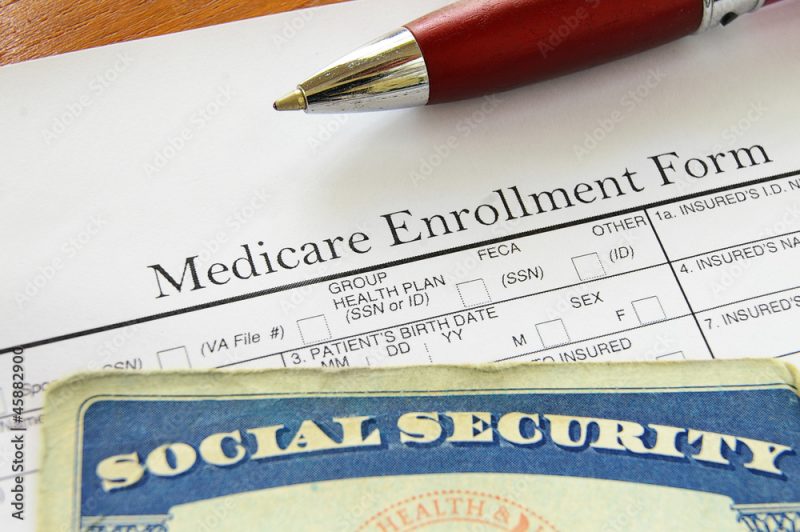
Federal law enforcement is calling attention to Medicare and other healthcare fraud.
The U.S. Attorney’s Office announced that this week, through Sunday, June 9, is being observed as Medicare Fraud Prevention Week and urged Medicare beneficiaries to be vigilant.
Of the $2.68 billion recovered in fraud settlements and judgments last year, more than $1.8 billion (67%) was related to healthcare, the office said, highlighting how pervasive healthcare fraud is.
According to the National Health Care Anti-Fraud Association, healthcare fraud is one of the most costly crimes in the United States, costing up to $300 billion annually.

Medi-Cal and Medicare fraud is especially prevalent among Korean-American seniors, who often face language barriers, industry officials noted.
Common Medi-Cal and Medicare fraud schemes include intentional billing for services not rendered, unnecessary medical procedures, bribery, and forgery using an unauthorized signature.
In recent years, other fraudsters have been caught approaching Korean-American seniors for cash, stealing their personal information, including Medicare, and then falsely billing the government for large medical bills.
“People who are not comfortable with the language sometimes sign without knowing what they are signing up for,” said Susan Kang, CEO of Susan Kang Insurance Agency. “Many people are surprised to receive a letter from Medi-Cal or the Centers for Medicare and Medicaid Services (CMS) with tens of thousands of dollars in medical bills that they never received.”
“You might think, ‘It’s government money, it’s not going to hurt me,’ but when you get really sick and go to a doctor, you might find yourself troubled by incorrect or overstated hospital records,” she said.
“Elder healthcare fraud continues to plague our community, significantly impacting the cost and quality of care provided to patients,” Alex Uhm, vice president and general manager of Medicare at Blue Shield of California, a nonprofit health plan based in California, said in a statement on June 3.
Blue Shield warned that Medicare beneficiaries are particularly vulnerable to scams over the phone.
Blue Shield said you might be a victim of fraud if you receive a call from someone claiming to be from your health plan, asking for your account number to renew your Medicare benefits, or receiving medical equipment, such as a catheter, that you never ordered.
The Federal Communications Commission urged people to be wary of offers of money or gifts and not to share personal information with anyone other than their doctor or Medicare provider.
It also advised people to never sign up for a health plan over the phone and to hang up and call 1-800-633-4227 if someone threatens to cancel their healthcare benefits for not sharing personal information.
BY SUAH JANG, HOONSIK WOO [jang.suah@koreadaily.com]




